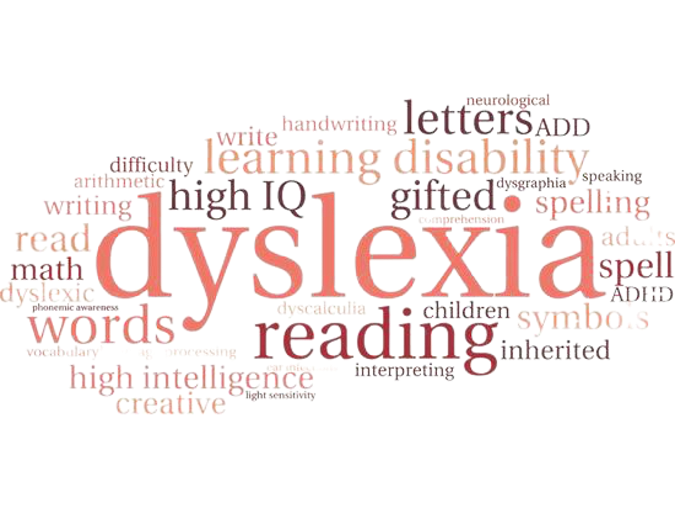
Debunking the Myths Part 3: Having a Learning Disability Means the Student has Low Intelligence
October 12, 2021
What is dyslexia?
October 28, 2021
NOT TRUE.
ADHD: Combined Presentation or ADHD: Inattentive Presentation is a diagnosis that can be given at any time across the lifespan. Usually the symptoms are present before the age of 12.

As children, symptoms of ADHD can be masked by high cognitive ability. The child or teen is thought of as the “absent minded professor” type. Teachers may be more forgiving of missing assignments in the early grades or they are providing support that is not documented in a “Plan”. The structure of the early elementary years helps the student manage their time, stay organized, use a strategy to support their working memory and get tasks finished. As the youngster progresses through school, those supports fall away as a greater level of planning and self direction is required at the middle school through college level. Sometimes students seek help late in their high school career or even in Graduate/Medical school. A great great example is the student who receives an “F” in the Advanced Placement Class in 9th grade, then scores high enough on the AP exam to earn college credit!!
The symptoms of ADHD are the same for children and adults, but the presentation will be different. Adults may find themselves distracted by low level activities and fail to address the tasks that are priorities. Deciding to clean out the garage when there is a Zoom meeting for work in an hour. Adults may “zone out” or exhibit poor listening skills and have difficulty remembering conversations or following directions. Their car, office,desk and home are very messy, not just “untidy”. They are chronically late for work, appointments or getting the kids to school. Adults completely forget appointments and commitments. For example, forget that it is their turn to do the “pick up” from soccer practise. They are constantly searching for misplaced wallets, phones, bills and important documents. In their financial life, there are late fees, overdrawn bank accounts and impulsive spending. In the world of work, it is difficult to keep a job or there are frequent job changes. Meeting deadlines is a challenge. Emotionally, feeling easily frustrated and short tempered at work and home, depression about being passed over for promotion or difficulty maintaining close relationships.
Where do adults go for help? Start with your family physician. There are objective questionnaires suitable for those over the age of 18. A significant other may be asked to complete a questionnaire for their perspective on functional challenges. Treatment might include an ADHD Coach to assist in the development, routines and systems to aid organization and time management. Working with a Counselor, Clinical Social Worker or Psychologist is sometimes important to deal with feelings of shame, self blame and depression. Your physician will examine your physical condition and health history to determine if medication is an option for you. It is never too late to improve the quality of your life!



